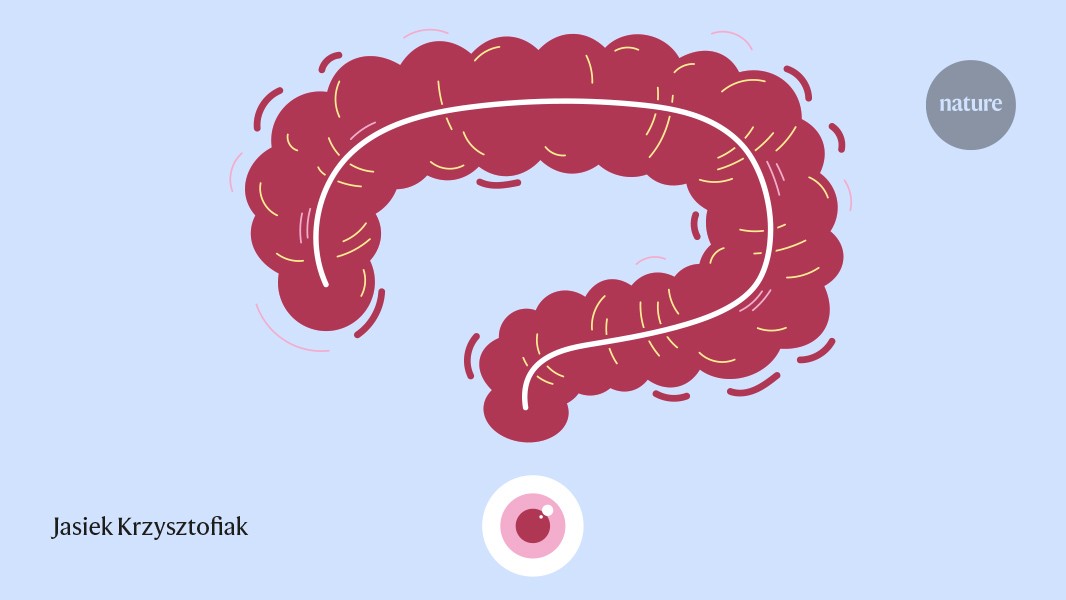Except those 15 will not dive at the same age. Your chosen study which you misquoted from really doesn't convince me that all of the studies that show beneficial results are wrong. You remind me of the Youtube doctors who were posting not to get the Covid jabs two years ago. Do you have a YT channel?
I like this article better...

Colonoscopies save lives. Why did a trial suggest they might not?
A major clinical study raised questions about one of the most celebrated cancer-screening procedures available, but a close look at the data tells a different story.www.nature.com
Yeah, it's stressful, but not that bad, and it's reassuring to know there's nothing deadly going on down there.
Nothing deadly at that moment in time. I have cared for patients who followed the colonoscopy screening recommendations and still developed undetected cancer until I found it in the ER as a large mass with metastasis. It isn’t common, but it happens. It’s imporntant to remember screening is only one tool. Self awareness for symptoms or signs of cancer is also imporntant.
According to the study, which I did not misquote, there was no statistically significant difference in overall survival in either group. On average, after ten years, participants died at the same age regardless if they received a screening colonoscopy or not. They didn’t necessarily die of colon cancer, but they died none the less. Isn’t the purpose of screening to help people live better and longer overall?
The USPST review was of observational and modeling studies, as acknowledged in the article you linked to. Observational data is nearly always riddled with bias. For example, patients who chose to get a colonoscopy may be more complaint with not smoking, exercising, or consuming less alcohol. Observational data tries to acccount for this, but it’s difficult at best. Modeling data is a guess of what might happen when you pick the variables. Neither are good ways of performing medical research. Anyone remember the Covid models of 2.2 million deaths early in 2020? [1] How close to right did they get that one? This is why RCTs are the gold standard of medical research. Yes they can be wrong, populations involved must be considered, and RTCs too need to be replicated, but they’re they’re best tool we have at the moment.
The nature article also makes the mistake of focusing on relative risk reduction vs absolute risk. An 50% reduction in cancer risk sounds like a lot.
However, an absolute risk reduction of 0.15% doesn’t sound that great.
So it all depends on how you spin it to your patient. On one hand you can tell the patient I can reduce your risk of death from colorectal cancer by 50% and they will undoubtedly jump on board.
On the other hand you can tell your patient you can take their risk of death from colorectal cancer from 3 in 100 to 1.5 in 100 and perhaps they will pause before they leap.
Both are true, but one lacks perspective. Now imagine you’re a GI doctor who gets paid to do scopes. Imagine you’re a surgery center or hospital that has multiple dedicated procedure rooms and dedicated teams to performing colonoscopies. Perhaps the physician group has ownership interest in the hospital/procedure center. Which side of the coin do you think they will present to the patient.
Researchers will try and church up their results by offering a per-protocol analysis (if everyone participated in the invitation for screening in this case). Like Dr. Prasad I disagree with that approach. The real world is never perfect. Medical professionals must acknowledge that patients do not always do what we want.
You also conveniently overlooked the part of my post discussing that colonoscopy is not without possible real complications. Somewhere between 1 in 10,000 and 10 in 10,000 have bleeding and perforation. (The nature article puts the number at 3 in 10,000 for perforations) No doubt some complications will be fairly mild, others are life threatening. If that number is on the high side you’re nearly entirely erasing the benefit of the colonoscopy screening.
1. https://www.cato.org/blog/how-one-model-simulated-22-million-us-deaths-covid-19





